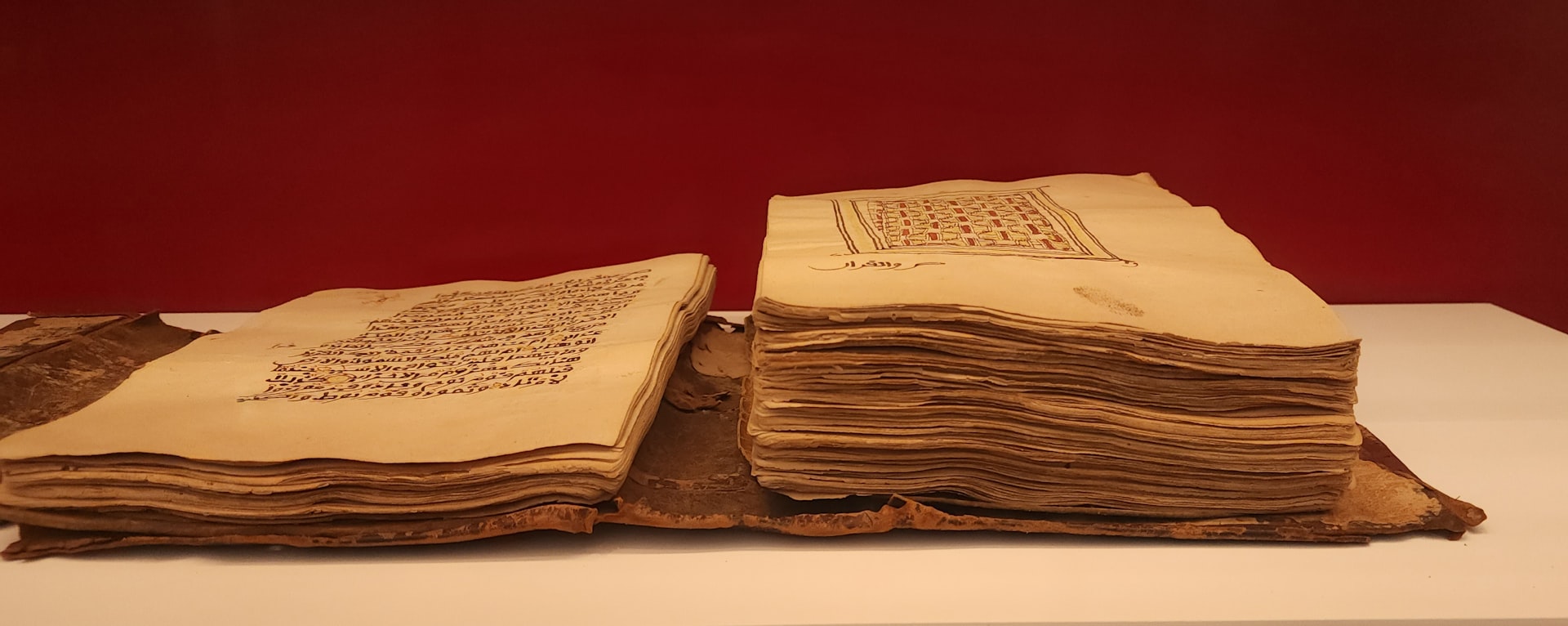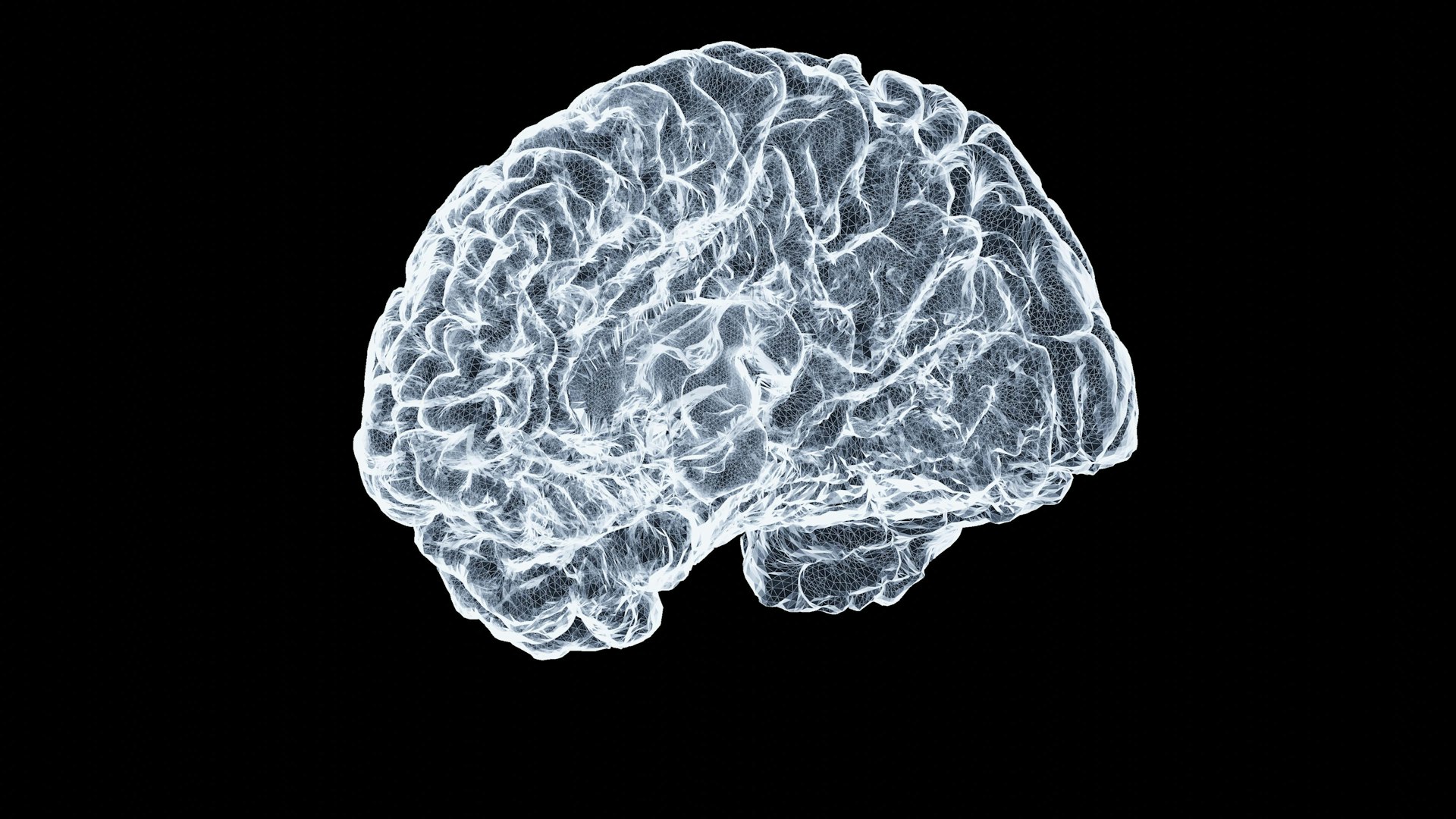The Rise and Legacy of the British Empire: A Comprehensive Guide to Colonization and Its Global Impact

Photo by Europeana on Unsplash
Introduction
The British Empire, once the largest in history, spanned continents and profoundly shaped the modern world through its extensive colonization efforts. From its humble beginnings in the late 15th century to its dissolution in the late 20th century, the Empire left a complex legacy affecting politics, economies, societies, and cultures globally. This guide provides a thorough overview of the history, motivations, and impact of British colonization, along with practical steps for accessing additional resources and research tools.
1. Early Beginnings and Motivations
The British Empire’s origins trace back to the Age of Discovery. English monarchs sponsored explorers like John Cabot, who reached Newfoundland in 1497, seeking new trade routes and wealth [3] . Early ventures included trade agreements with Russia and Portugal and attempts to tap into the lucrative spice and slave trades dominated by Spain and Portugal [2] . The defeat of the Spanish Armada in 1588 marked a turning point, establishing England as a naval power ready to compete for overseas possessions [1] .
These early motivations were driven by a desire for economic gain, competition with other European powers, and the spread of Christianity. The establishment of the East India Company in 1600 formalized England’s intent to build a global trading network, setting the stage for later colonization [1] .
2. Expansion and Colonization: The Formation of an Empire
From the early 17th century, Britain began establishing permanent settlements. The first enduring English colony was founded at Jamestown, Virginia in 1607 [3] . The Caribbean soon followed, with colonies in Barbados (1627), Nevis (1628), and Jamaica (1655). These became highly profitable through sugar production, initially relying on indentured servants but increasingly on enslaved Africans, fueling the transatlantic slave trade [4] .
The Navigation Acts of 1651 and subsequent legislation created a closed economy, binding the colonies to British markets and increasing imperial control [1] . The Hudson’s Bay Company, chartered in 1670, exemplified the drive for fur and resource exploitation in North America.
Practical guidance for in-depth research: To study original documents, consider visiting major archives such as The National Archives (UK) or searching for digitized colonial records through academic library portals. Many university libraries provide online access to primary sources-use search terms like “British Empire colonial records” or “East India Company archives.”
3. The Age of High Imperialism: 18th to 19th Century
Britain’s imperial reach expanded dramatically in the 18th and 19th centuries, especially after the loss of the American colonies in 1783. The focus shifted to Asia, Africa, and the Pacific. The British East India Company became the dominant power in India, while the settlement of Australia began in 1788. The abolition of the slave trade in 1807 and slavery itself in 1834 marked significant, though gradual, shifts in imperial policy [5] .
Britain’s “Imperial Century” (1815-1914) saw the annexation of vast territories, including Singapore (1819), Hong Kong (1842), and swathes of Africa during the “Scramble for Africa.” This period was marked by both economic exploitation and the construction of infrastructure-railways, telegraphs, and ports. However, imperial rule often involved violent repression, resource extraction, and cultural disruption.
For further study: Many museums, including the British Museum and the Victoria and Albert Museum, offer permanent and online exhibitions on the Empire. Visiting these institutions or exploring their digital collections can provide valuable context and primary materials.
4. Decolonization and Legacy
Following World War II, mounting resistance in the colonies and changing global attitudes led to rapid decolonization. India’s independence in 1947 set the stage, followed by dozens of African, Caribbean, and Pacific nations in the following decades [3] . The transfer of Hong Kong to China in 1997 symbolized the end of the British Empire as a global political entity.
The legacy of British colonization is complex. Many former colonies retain the English language, common law systems, and parliamentary structures. However, the economic and social impacts-both positive and negative-are still debated. Issues such as income inequality, cultural identity, and historical injustice remain central to discussions about postcolonial societies.
For those researching the impacts of colonization, consider searching academic databases like JSTOR or Google Scholar with terms such as “British Empire decolonization impacts” or “legacy of British colonization.” Many universities also host public lectures or open-access journals on postcolonial studies.
5. Accessing Authoritative Resources and Further Research
If you wish to research the British Empire and colonization further, employ these proven strategies:
- Use reputable encyclopedias such as Encyclopaedia Britannica for concise overviews and timelines.
- For in-depth historical analysis, search for books by established historians specializing in imperial and colonial history. Public libraries and university reference desks can assist in locating relevant works.
- To access primary source documents, visit The National Archives (UK) or major university digital collections. Search terms like “colonial correspondence” or “British Empire treaties” can yield valuable material.
- For multimedia learning, consider documentaries and educational channels. For example, Sky HISTORY’s series on the British Empire offers accessible video content [3] .
- If you are interested in the legacy of colonization, academic journals and open-access publications are excellent resources. Use search engines to find recent peer-reviewed articles using relevant keywords.
When searching for government or educational resources, always confirm the legitimacy of the website. For UK-based historical information, you may consult the National Archives (UK) or recognized university websites. Do not rely on unofficial or unverified sources.
6. Challenges, Controversies, and Alternative Perspectives
Interpreting the history of the British Empire is inherently challenging. While some emphasize the economic development and global connectivity the Empire brought, others highlight the exploitation, violence, and cultural disruption experienced by colonized peoples. Modern scholarship increasingly incorporates voices from former colonies, offering more balanced and critical perspectives.
Researchers and students are encouraged to approach the subject critically, considering multiple viewpoints and being mindful of historical context. Engaging with works from a variety of authors-including those from formerly colonized countries-can provide a more nuanced understanding.
Alternative approaches include comparative colonial studies, which examine similarities and differences among European empires, or thematic research focusing on specific topics such as law, migration, or resistance movements. Academic conferences, webinars, and online courses from reputable universities can also provide up-to-date scholarship.
Conclusion
The British Empire’s history is intricate and far-reaching, impacting continents and shaping the world we know today. By leveraging authoritative resources, engaging with multiple perspectives, and conducting thorough research, you can gain a deeper and more nuanced understanding of the Empire’s legacy. For those seeking further guidance, consult librarians, historians, or educational institutions specializing in imperial and colonial history. Always verify the authenticity of resources before relying on them in academic or professional work.

Photo by The New York Public Library on Unsplash
References
MORE FROM yourscholarshiptoday.com













